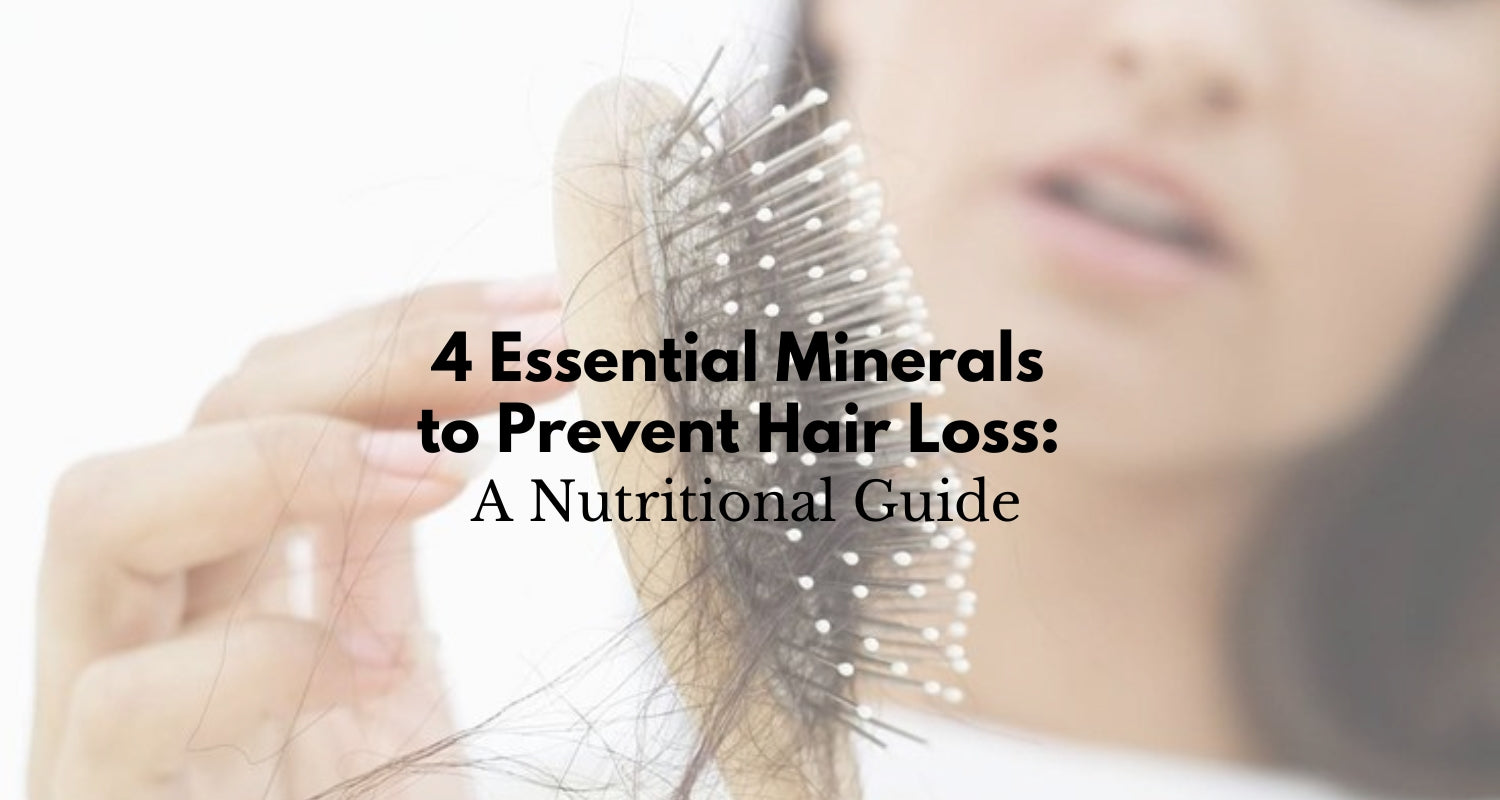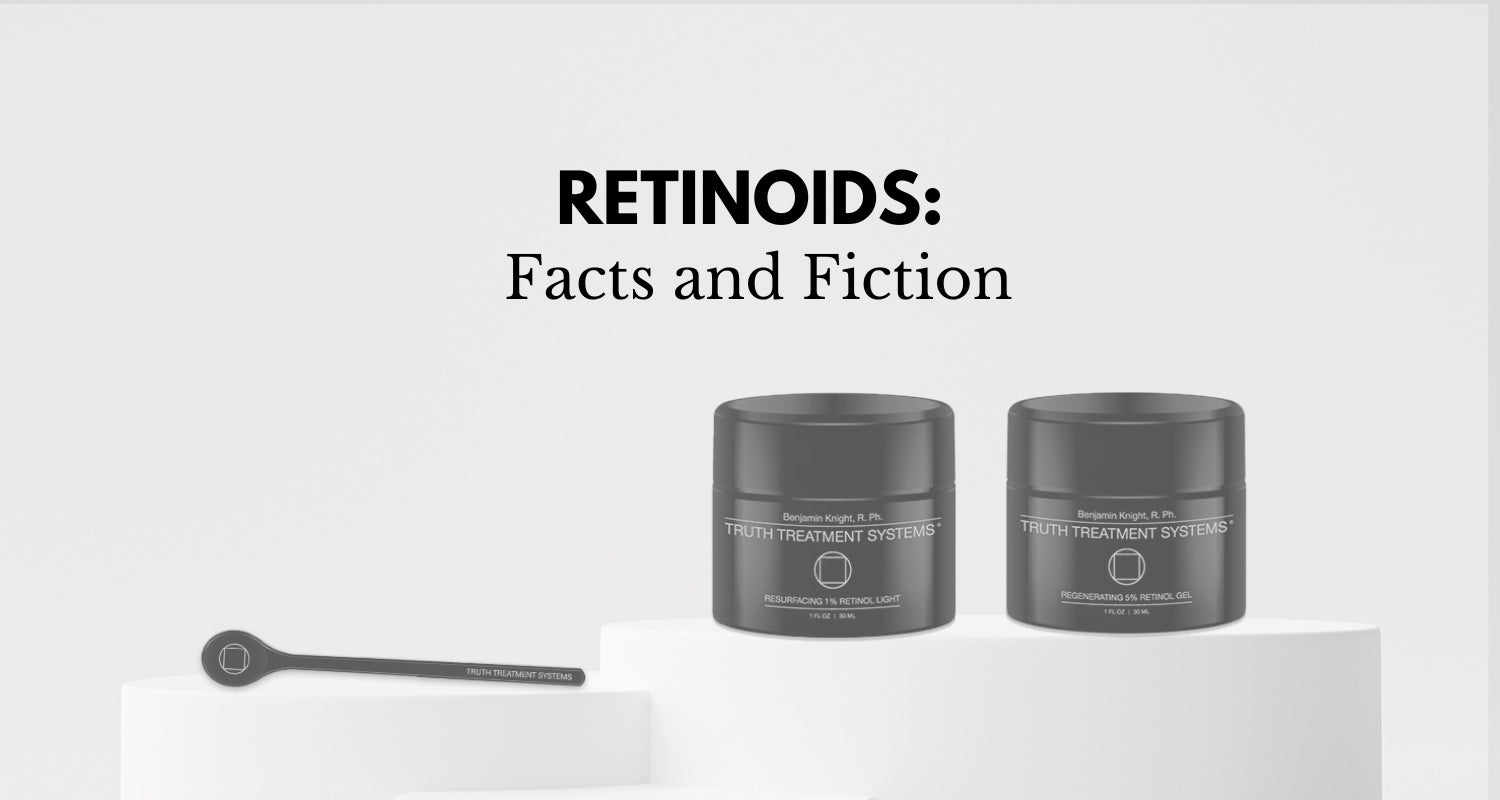
4 Essential Minerals to Prevent Hair Loss: A Nutritional Guide
4 Essential Minerals to Prevent Hair Loss: A Nutritional Guide
Introduction: Hair loss is a common concern that can affect individuals of all ages and genders. While various factors contribute to hair loss, including genetics and hormonal imbalances, nutritional deficiencies can also play a significant role. In this article, we'll delve into four essential minerals—iron, zinc, copper, and selenium—that are crucial for maintaining healthy hair growth and preventing hair loss. Understanding the importance of these minerals and incorporating them into your diet can contribute to luscious locks and overall hair health.

- Iron - Nourishing Your Follicles: Iron deficiency, linked to diffuse hair loss, is most common in menopausal and pregnant women; vegans and vegetarians may also be susceptible, as well as patients dealing with malabsorption or intestinal disease. But don’t take too much; iron overdose is associated with hair loss. Iron is found in high-protein foods like meat and fish. Green leafy veggies and beans contain iron too, but in a less-absorbable form than the iron found in animal foods. Vitamin C improves iron absorption, so add some citrus to your salad or wash it down with some OJ or lemon-infused water. The best from iron for supplementation is iron bisglycinate; take 50-100mg a day.
- Zinc - Strengthening Hair Structure: Zinc deficiency is associated with keratin-related disease that can affect nails and skin, as well as hair. Pregnant women, vegans and vegetarians, and gastric bypass patients are especially at risk. Eggs, dairy meat, and seafood (especially oysters) contain zinc while beans, nuts, and seeds are veggie-friendly sources. The best supplement is zinc picolinate, take 50mg a day.
- Copper - Building Resilience and Strength: Copper is critical for biochemistry that forms hard protein substances like collagen and keratin. Copper deficiency is associated with hair pathologies like Pili Torti, a condition where hair shafts become brittle and appear flattened and twisted when viewed under a microscope. You’ll get copper in organ meats and shellfish; it’s also found in green leafy veggies, nuts, and beans for non-carnivores. Use 2-4 mg copper glycinate as a daily supplement.
- Selenium - Regulating Growth and Color: Selenium is stored in hair follicles and is required for the production of hair and regulates its growth. Selenium deficiencies are linked to changes in hair coloration as well as hair loss. As with iron, excesses in selenium are also associated with hair loss. Selenium can be obtained from fish, shellfish, meat, and eggs. Vegetarians and vegans can get selenium from grains and brazil nuts. For those looking to supplement, use selenium monomethionine, 200 to 400mcg daily.
Conclusion: Maintaining vibrant and healthy hair goes beyond external treatments; it requires paying attention to your body's nutritional needs. Incorporating iron, zinc, copper, and selenium into your diet can significantly contribute to preventing hair loss and promoting optimal hair growth. Remember, a balanced and nutrient-rich diet, along with proper medical guidance, can pave the way for a head of hair that radiates health and vitality.


